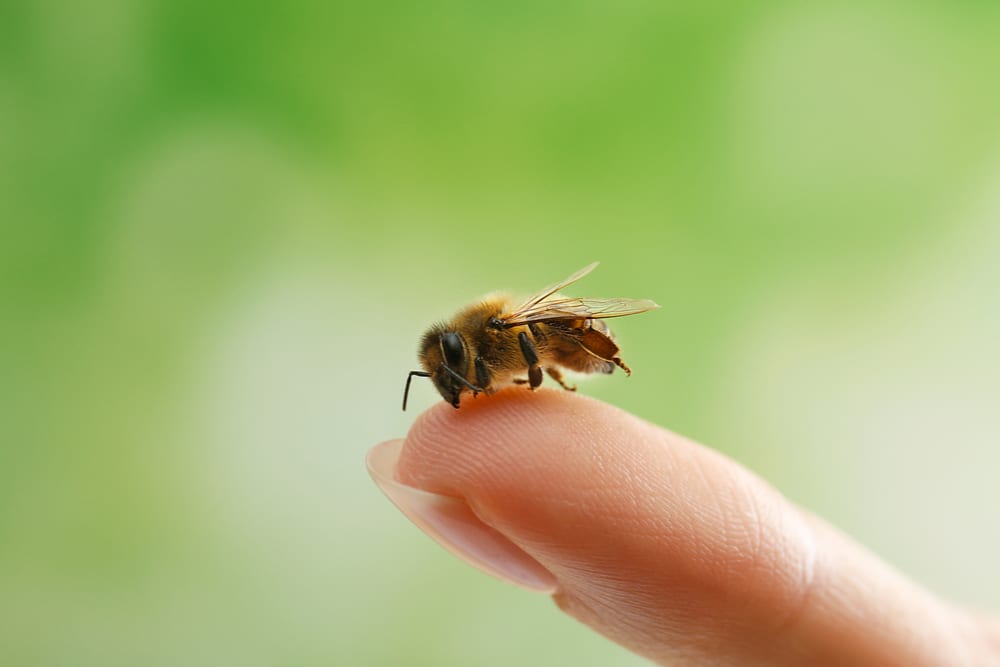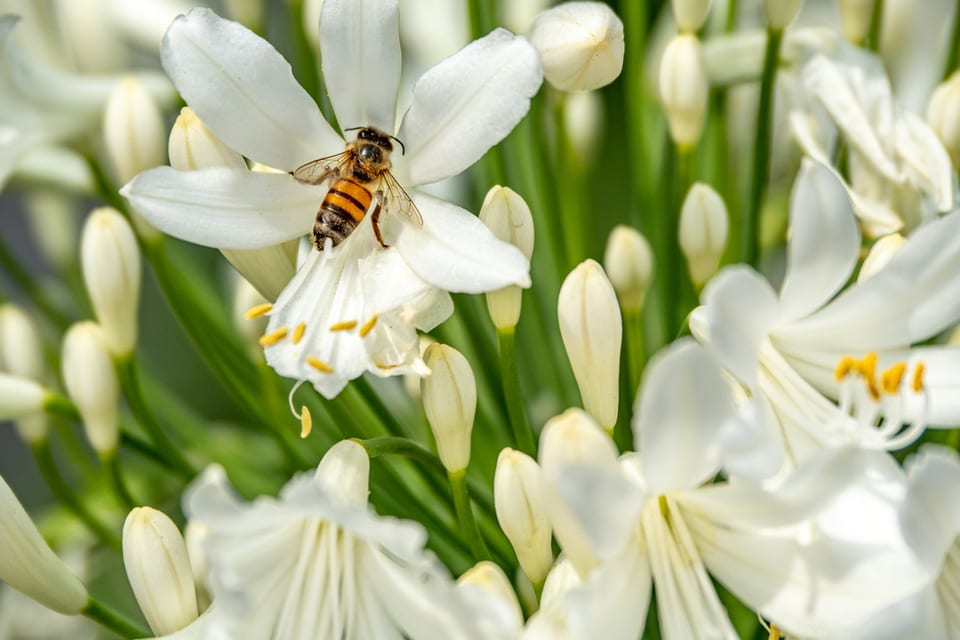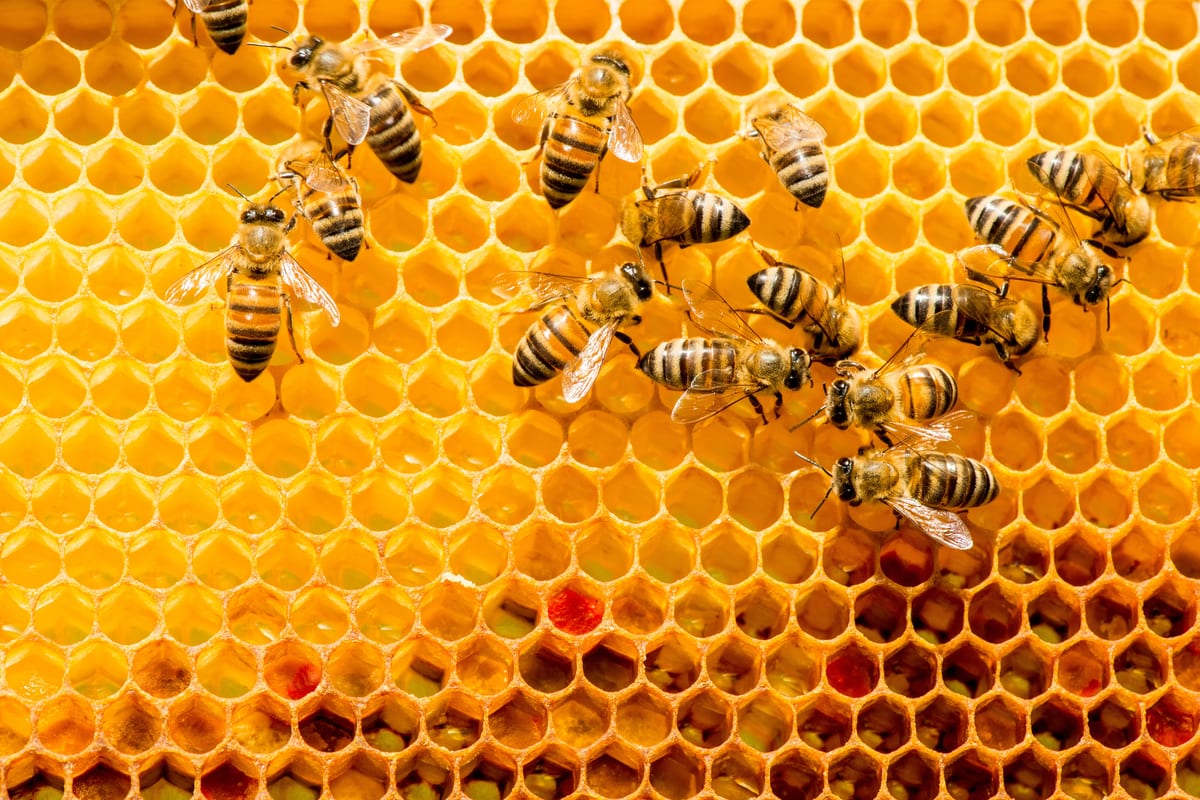Bees are more than just scary insects we tend to run away from to avoid painful stings. These buzzing creatures help pollinate flowers and provide us with a deliciously natural sweetener in the form of honey – they are one of the most fascinating flying insects in the world, and there are so many interesting and useful facts that we don’t know about them.
As much as we find bees annoying – and sort of useless – there’s a lot more to them than what meets the eye. You’ll be dumbfounded upon learning that not all your perceptions about them are necessarily true, in fact, this list will make you rethink all the presumptions you have about them. So let’s not be a buzzkill (pun intended), and get right into the list of some of the most interesting facts about bees.
Industrious
When it comes to insects, we all know that ants are the most hardworking creatures because they gather food nonstop during warm weather so they will have something to eat come typhoons and storms. Little did we know that their flying cousins, bees, are also industrious, so much so that they can sometimes overdo it.
Yup, call them workaholic. Worker bees can only live up to nine months during cold seasons but have a life span of just six weeks in warmer days. But don’t underestimate them – even with that little time on earth, they spend time working, producing honey.
Other Use of Their Stings
As mentioned before, we stay away from bees as much as possible because of their stings, and anyone who has experienced them would know how much they hurt. However, their sharp ends have an advantage we may not know about: their toxin can help in preventing human immunodeficiency virus. The substance known as melittin pokes holes in the virus and destroys it while keeping the healthy human cells intact.

That’s not the only benefit, as the stings can ironically appease the pain stemming from rheumatoid arthritis. A University of Sao Paulo research said that the venom can raise levels of anti-inflammatory hormone glucocorticoid.
Brains Age Backwards
For us humans, taking on the work meant for a 25-year-old is hard when you’re 75. The bottom line is, we take on jobs that are fit for our age, but for older bees, their brains halt aging while performing tasks intended for the younger ones, and instead the brain ages in reverse through a strange phenomenon which experts believe to be helpful in research on combatting dementia.
Capable of Identifying Human Faces
Believe it or not, studies have shown that bees can recognize faces of humans. This is called the “configular processing,” or the way they take eyes, nose, ears, and lips together to form a face, pretty much like us

humans do it, which could be helpful in furthering face recognition technology we have nowadays.
Good at Solving Math Problems
Although we can say that we and bees have a lot in common, there is one thing they’re good at: solving problems relating to distance. Remember those pesky math problems that require you to find the shortest possible distance to a destination?
Well, bees are a pro at this one as observed by the Royal Holloway University in London researchers. They concluded that bees take the easiest, most time-saving routes to flowers, like us when we take shortcuts to work.
Personalities
Bees, too, have personalities, according to a University of Illinois research. Experts have studied the behavior of the insects and found out that there are shirkers and diligent workers. Moreover, they found that some are simply adventurous while others seemed shy. Research also discovered that bees can get distressed in some situations, thereby proving that somehow, they have feelings just like humans.
Glue Used in Beehives Can Be Used as Medicine
Bees use propolis, which comes from evergreen and poplar trees, as the glue to their beehives. But this isn’t limited to making the home of the insects sturdy, humans also use it against bacteria and virus. According to studies, this can aid in alleviating canker and cold sores, cavities, sore throat, and also eczema.
Organized and Clean

Bees are generally neat and clean insects despite the common belief that they sit on dirty surfaces. They are very diligent in keeping their hive spotless, so much so that none of them defecate inside, sans the queen, who is the only exception to this rule. Even as she defecates, other bees clean up after her mess. That’s not all, dying bees also make it a point to go outside so their corpse won’t be near the food and the young.
